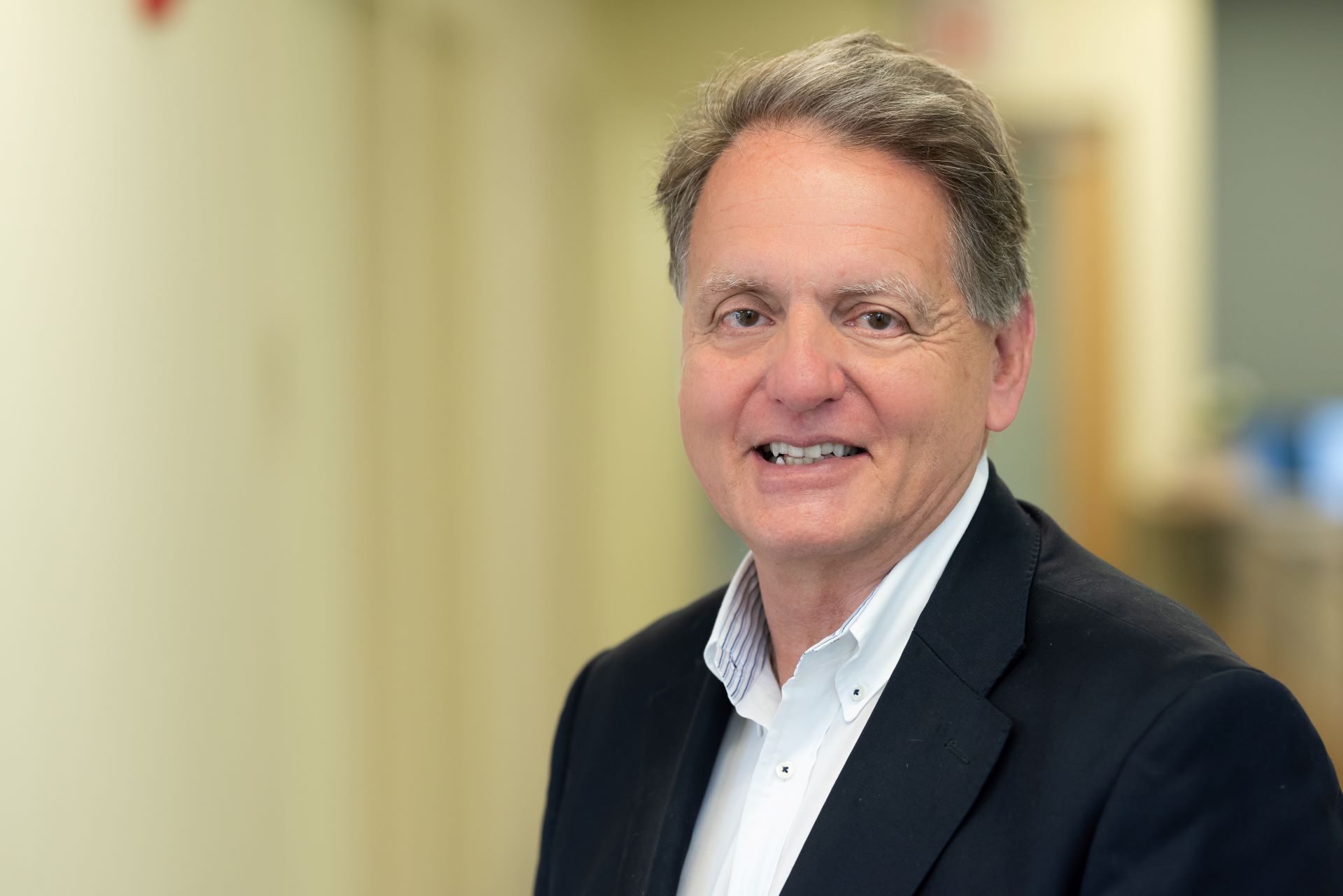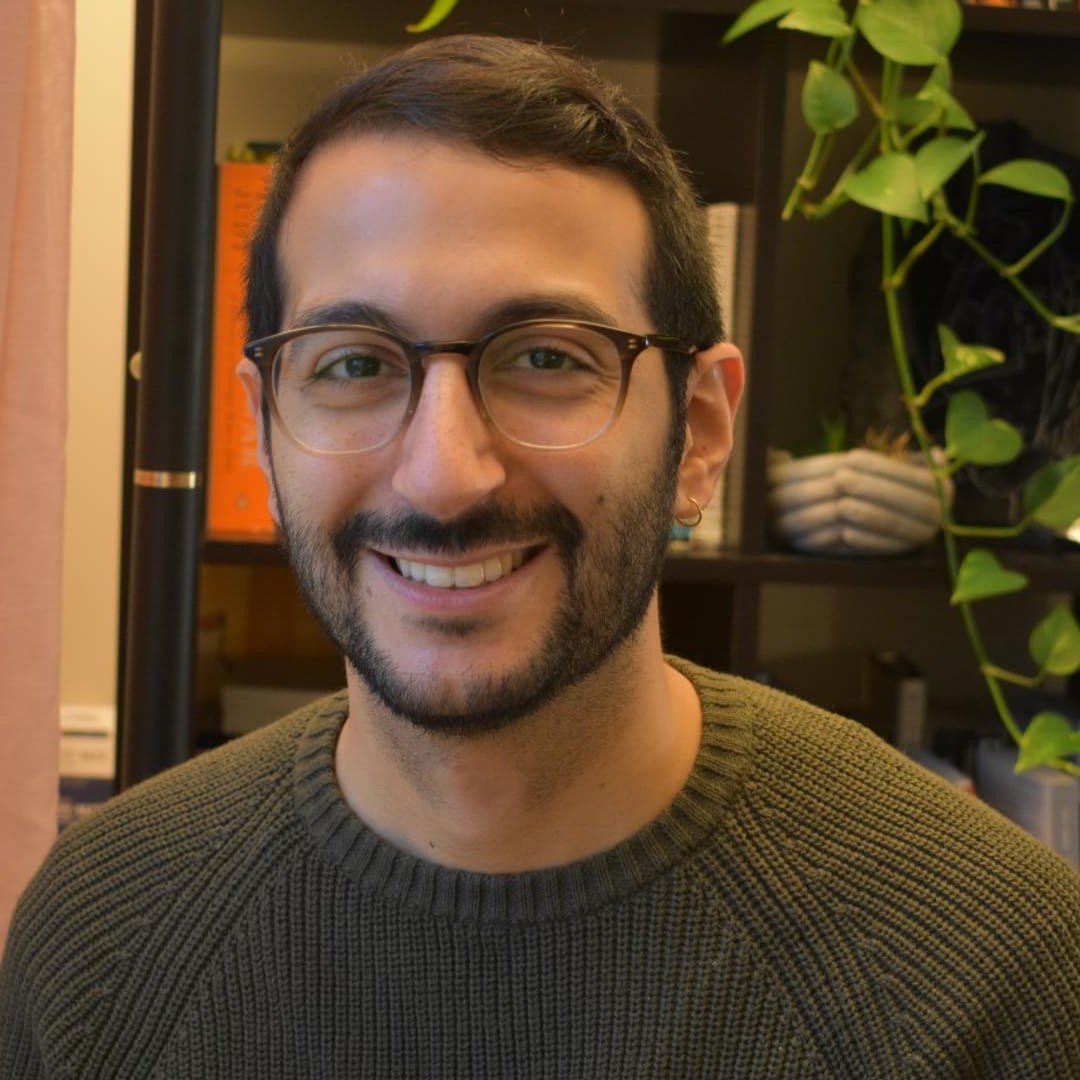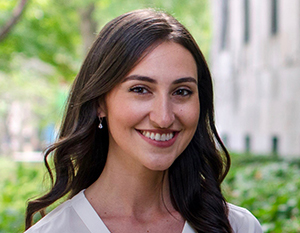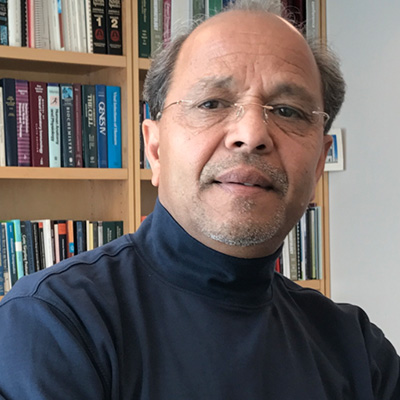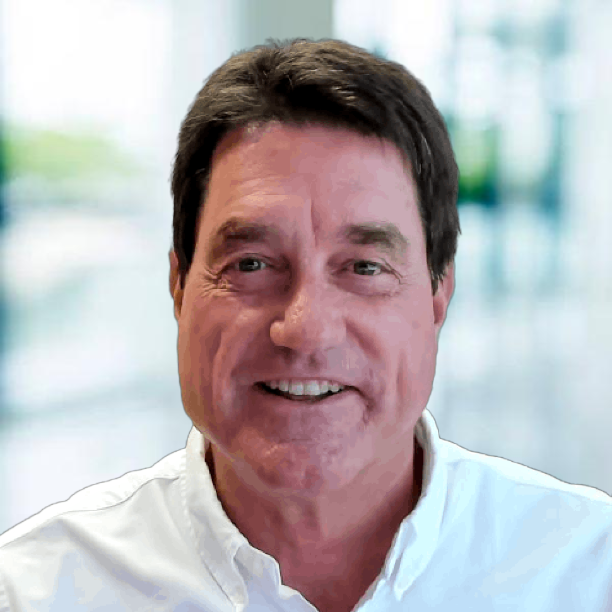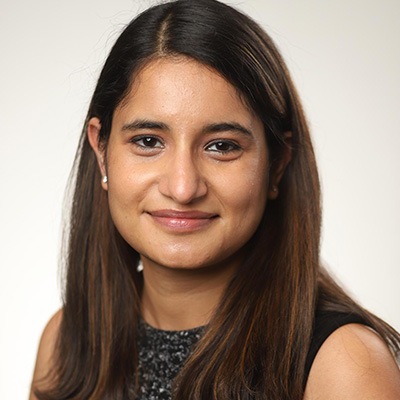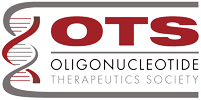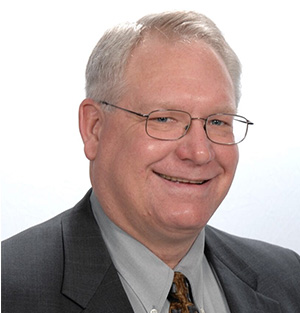
Looking for something?

Mark Behlke, MD, PhD
Chief Scientific Officer
Integrated DNA Technologies, Inc.
How did you become interested in the field of oligonucleotides?
I had always thought that I would pursue a career in academic medicine, but in the Fall of 1995, I was visiting my parents who had moved to Iowa City (my father was a radiologist who ended his career by leaving private practice and taking a position as a Professor at the University of Iowa, moved to Iowa City, and became a physician/teacher). I was reading the latest issue of Science (who does not take this with them on vacation?) and saw that Integrated DNA Technologies (IDT) was interviewing for a new Director of R&D and noticed that it was only 5 miles from where I was sitting. Out of curiosity, I went for a visit/interview and met the company CEO and Founder, Dr. Joseph Walder. Joe told me his vision of how synthetic nucleic acids (i.e., oligos) were going to revolutionize medical diagnostics and therapeutics (“Antisense” was one of the two technologies that led to the founding of IDT in 1987). This concept was new to me but seemed terribly exciting, so I “signed up”. I figured that I could always return to academics in a year if I did not like the industry experience. The next thing I knew 25 years had passed. This “accident” proved to be one of the best things every to happen to me!
Who were your early mentors?
I had the privilege to participate in undergraduate research under Prof. Vernon Ingram in the late 1970’s, who taught me the fundamentals of the scientific method. Being in Boston at MIT and participating in research under a well-known scientist was so exciting to this young boy from West Texas (I was raised in El Paso). My PhD mentor was Prof. Dennis Loh at Washington University in St Louis, where I had the opportunity to study the genes of T-cell receptors. It was a classic case of “being in the right place at the right time”, and my first “1st author paper” was published in Science! That was a thrill!
How did you become involved in OTS?
My friend and collaborator John Rossi invited me to attend a meeting with him in NYC in the early 2000’s to discuss founding of a society to promote the nascent field of nucleic acid therapeutics. I’ve been involved with the OTS since that time and have been thrilled to see it expand to the large, vibrant society it is today.
Why do you continue to support the society?
The OTS and the ASGCT are the primary profession associations that focus on the areas of my greatest interest, where I can meet with people all of whom engage in research in related areas with similar goals.
What is special about the type of research/work you’ve done?
Most people in this field have a specific biological system or disease interest that is the focus of their research. Being at IDT, my focus has been on technology development, which has given me the opportunity to work in Antisense, RNA Interference, Aptamers, and Genome Editing over the past 25 years. Since I did not have “my own biological system”, I frequently sought to establish collaborations with outside scientists to help test and optimize whatever technology was the focus of the day, applying it to their biological system. This has allowed me to participate in a wide variety of work with some amazing scientists. I would like to express gratitude to John Rossi, Matt Porteus, Katy Rezvani, and Dan Peer for opportunities to work with their labs and co-author papers in our field together.
What do you like to do in your free time?
I enjoy reading and typically indulge in science fiction, fantasy, or action novels to take me away from the realities of daily life. However, the book I am currently reading is “The Doctor Who Fooled the World” by Brian Deer, which is the story of the fraud perpetrated by Dr. Andrew Wakefield that led to growth of the anti-vax movement (see book review in Science Oct 2, 2020, 370:43). I also love to cook and currently focus on low carb cuisine with an emphasis on use of assorted hot peppers. I’m a self-acknowledged “chili head” who was forced to learn to cook when I went to college in Boston (in the late 1970’s, salt was a “heavy spice” in Boston, so I had to cook myself if I wanted meals seasoned to suit my West Texas palate).
Any other fun facts/tidbits you would like us to know!
I love to travel and am anxious to spend some of my 1.5M United Miles once the pandemic lifts. Sadly, most of these miles came from work travel, not pleasure travel. After being housebound for a year, I am anxious to rectify that!


